Grief Therapy:
Navigating Through Loss
By Dr. Thomas V. Parinello, Ph. D.
“We must embrace pain and burn it as fuel for our journey.“
– Kenji Miyazawa
Introduction
Grief is a natural response to loss, a deeply personal experience that can profoundly affect one’s life. Whether it’s the loss of a loved one, or even symbolic losses such as the end of a significant relationship, or loss of mobility due to illness, grief can envelop our lives with a deep sense of sadness and emptiness. In these moments, understanding and navigating grief and bereavement becomes crucial for healing and finding a way forward.
The Process
The grieving process varies and is unique to each person and it has no timeframe. The process is often described as occurring in stages such as denial, or acceptance. While these stages are not without merit, they are not definitive of the grief process which is rarely linear or predictable. Others have described the grief process as task oriented which provides a clear path for the bereaved yet may still vary with each person. Recognizing and respecting an individual’s unique journey as well as their place in the grief process, is an essential part of grief therapy.
The Role of Grief Therapy: A Guiding Light in Dark Times
Therapy for grief offers a supportive environment where individuals can process their feelings of loss. It’s not about “moving on” or forgetting, but rather about finding healthy ways to honor the loss and integrate it into one’s life. To help individuals express and understand their grief, therapists may use techniques such as existential therapy, narrative therapy, and interpersonal therapy, to focus on the emotions and thoughts that accompany the loss, and cognitive-behavioral strategies to manage those emotions and thoughts. Studies examining therapy for grief have shown patients experience faster recovery with less long-term symptoms than those that attempt to manage alone.
Rebuilding After Loss: Finding Meaning and Hope
Therapy for grief also focuses on helping individuals rebuild their lives in the aftermath of loss. This may involve exploring new interests, redefining personal goals, or simply finding ways to remember and honor the lost person, relationship, or connection. With symbolic losses, therapy may help the person to develop healthy responses or to establish healthy adaptation. The aim is to help individuals gain a new sense of purpose and meaning in life, despite their loss.
Conclusion
At Elysian Psychological Services, we understand the deep impact of grief and are here to offer compassionate support through this challenging time. If you are struggling with loss, remember that you don’t have to navigate this journey alone. Our experienced licensed clinical psychologists are here to guide you through each stage of grief, helping you find a renewed sense of hope and purpose. Reach out to us, and together we can begin the healing journey.
Disclaimer: the information contained in this blog is for informational purposes only and does constitute or replace personalized medical advice given by a trained mental health professional. Mental health conditions are specific to the individual and therapeutic approaches will vary based on the provider and patient. For more information and to receive a professionally customized treatment plan specific to your needs, please contact us at (571) 620-6181 or fill out an inquiry here.


